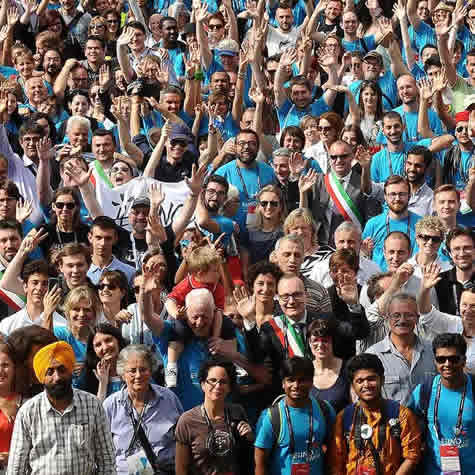Wikipedia is updated constantly—from breaking news stories to ancient history. Every month, an estimated 80,000 people will make contributions to Wikipedia articles in more than 290 languages. They are all guided by a need to build with facts. Citations from reliable sources are required to back up claims. This separates rumor from reliable information.
About an hour after the first terrorist attack in Paris on November 13th, Gareth E. Kegg—a veteran Wikipedia editor from London who has started more than 1,700 articles—wrote a modest draft about the unfolding tragedy. An hour later, the article had ten referenced sources and hundreds of edits.
Kegg said he was inspired “to see so many outstanding editors collaborate and develop the initial article and keep off rumors and unsourced material.”
Within 10 days, there were articles in 80 languages about the November Paris attacks. The English language article cited 250 sources collected in more than 4,500 edits. Over that same time, the page received millions of visits. The budding information was almost immediately invaluable.
2016 was called the year of “fake news”, but Wikipedia documented the trend of spurious information with its staid fact-driven editorial approach.
One month after it was created, the English Wikipedia article, “Fake news website” contained 195 citations from Reuters, the Washington Post, the BBC, CNN, the International Business Times, and many other respected sources.
The facts always matter.
